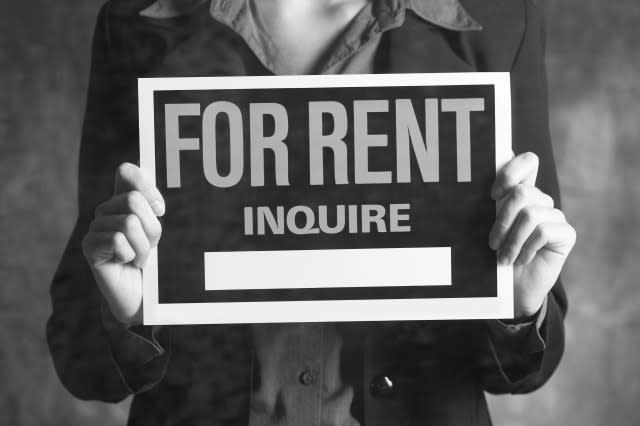Scamwatch: dodgy student landlords

Stay one step ahead of the fraudsters with our series of articles giving you the lowdown on the scams they use to trick people out of their hard-earned cash - and how to avoid being taken in by them.
This week, we issue a warning on student accommodation scams, which often result in students - or their parents - losing the deposits paid.
How does it work?
There are a number of potential scams to be aware of when looking for student accommodation for yourself or your children.
One of the most common involves bogus landlords tricking people into paying rent deposits on flats that do not belong to them.
Fraud of this kind is generally carried out online - the criminal lists a property as available for rent and requests a deposit to reserve it, only for the prospective tenant to find the property already inhabited on arrival.
In one recent case in Ireland, two students arrived at a house in Dublin to be told by the owner that he had never heard of the supposed landlord, to whom they had transferred €550 (£401).
On leaving a property, some students also complain of struggling to reclaim the deposits paid at the start of a tenancy - even when no damage has been caused.
How can I avoid being caught out?
If at all possible, it is always best to view a property in person before paying a deposit. If you are a parent, it may even be worth travelling to view the property with your child and the other students he or she is planning to live with.
Other advice from the police on avoiding rental property fraud includes speaking with the landlord in advance, and only using reputable websites and agents to find accommodation.
To avoid any problems getting your deposit back at the end of a tenancy, it is also a good idea to ensure your landlord complies with rules stating that all landlords in England and Wales who rent properties on an "assured shorthold tenancy" agreement must register the deposits received with one of three Government-backed schemes.
The schemes will ensure you get your deposit back within 10 days, as long as you have met the terms of your tenancy agreement, paid your rent and bills and not caused any damage to the property.
They will also hold your deposit for you if you are in dispute with your landlord regarding any of the above points.
I've been defrauded. What should I do?
If you are taken in by a bogus landlord, you should report the fraud to the website on which you found the property, as well as the police via Action Fraud (0300 123 2040).
It is also worth contacting your bank to see if there is any way of getting the money back, and so that it can secure your accounts in case the criminal behind the scam attempts to use your personal details to carry out further fraud.
Related articles...
Scamwatch: new banking fraud
Scamwatch: cashpoint fraud
Scamwatch: new mobile phone con




